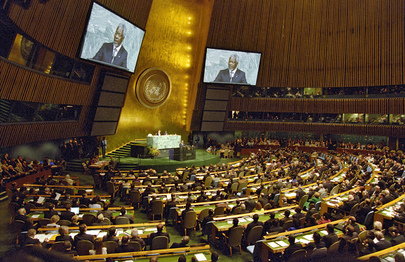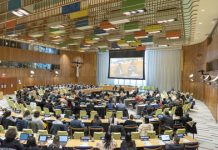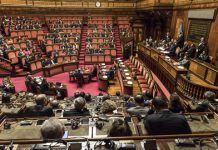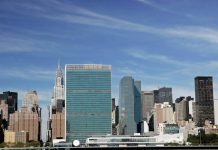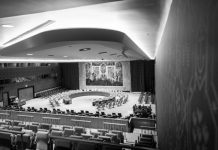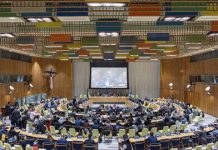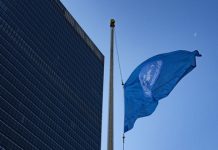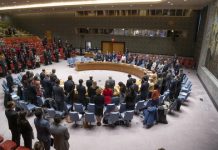In parallel, the International, Impartial, and Independent Mechanism for Syria (IIIM) concluded a historic visit to Damascus, emphasizing the urgency of preserving evidence related to the most serious international crimes before it is irretrievably lost.
Fuel shortages, disrupted roads
Essential services, including hospitals and health centres, are severely impacted, particularly in Aleppo governorate, where six public hospitals and 60 primary health centres are operating only partially due to fuel shortages, UN spokesperson Stéphanie Tremblay told reporters at the regular press briefing.
Damaged bridges connecting Damascus to other key regions have also disrupted supply chains.
“Despite the challenges, we and our partners continue to support the response as security permits. We are distributing food assistance, including bread, ready-to-eat rations, hot meals and food baskets,” Ms. Tremblay said.
She also noted that in northwest Syria, humanitarian partners have started supporting farmers, including with cash grants.
Access challenges
In the northeast, aid operations are hampered by volatile security conditions, but some vital supplies have been distributed.
“Partners have been able to distribute winter kits, blankets and winter clothes but more – as you can imagine – is needed and there is also a critical need for additional winter support for host communities,” the UN spokesperson said.
Humanitarian partners also reported challenges accessing Menbij and Kobani due to insecurity, as well as Israeli airstrikes in Latakia and incursions in southern governorates, with damage to civilian infrastructure.
A family gathers at a reception centre in Ar-Raqqa city, Syria.
Protect vital evidence
Also on Monday, the International, Impartial and Independent Mechanism for Syria (IIIM) concluded a visit to Damascus, emphasising the urgency of preserving evidence related to the most serious international crimes before it is irretrievably lost.
For the first time since its establishment by the General Assembly in 2016, the Independent Mechanism was authorized to visit Syria, marking a critical step in its mandate to investigate and assist in the prosecution of the most serious crimes committed during the conflict.
Robert Petit, the head of the Independent Mechanism, described the visit as a “significant milestone” and a rare opportunity to discuss justice and accountability with Syrian officials.
He highlighted the urgency of preserving the evidence before it is lost forever.
“Time is running out,” he said, adding: “there is a small window of opportunity to secure these sites and the material they hold. Each day we fail to do so, we risk losing the chance for comprehensive accountability.”
Source of original article: United Nations (news.un.org). Photo credit: UN. The content of this article does not necessarily reflect the views or opinion of Global Diaspora News (www.globaldiasporanews.com).
To submit your press release: (https://www.globaldiasporanews.com/pr).
To advertise on Global Diaspora News: (www.globaldiasporanews.com/ads).
Sign up to Global Diaspora News newsletter (https://www.globaldiasporanews.com/newsletter/) to start receiving updates and opportunities directly in your email inbox for free.


